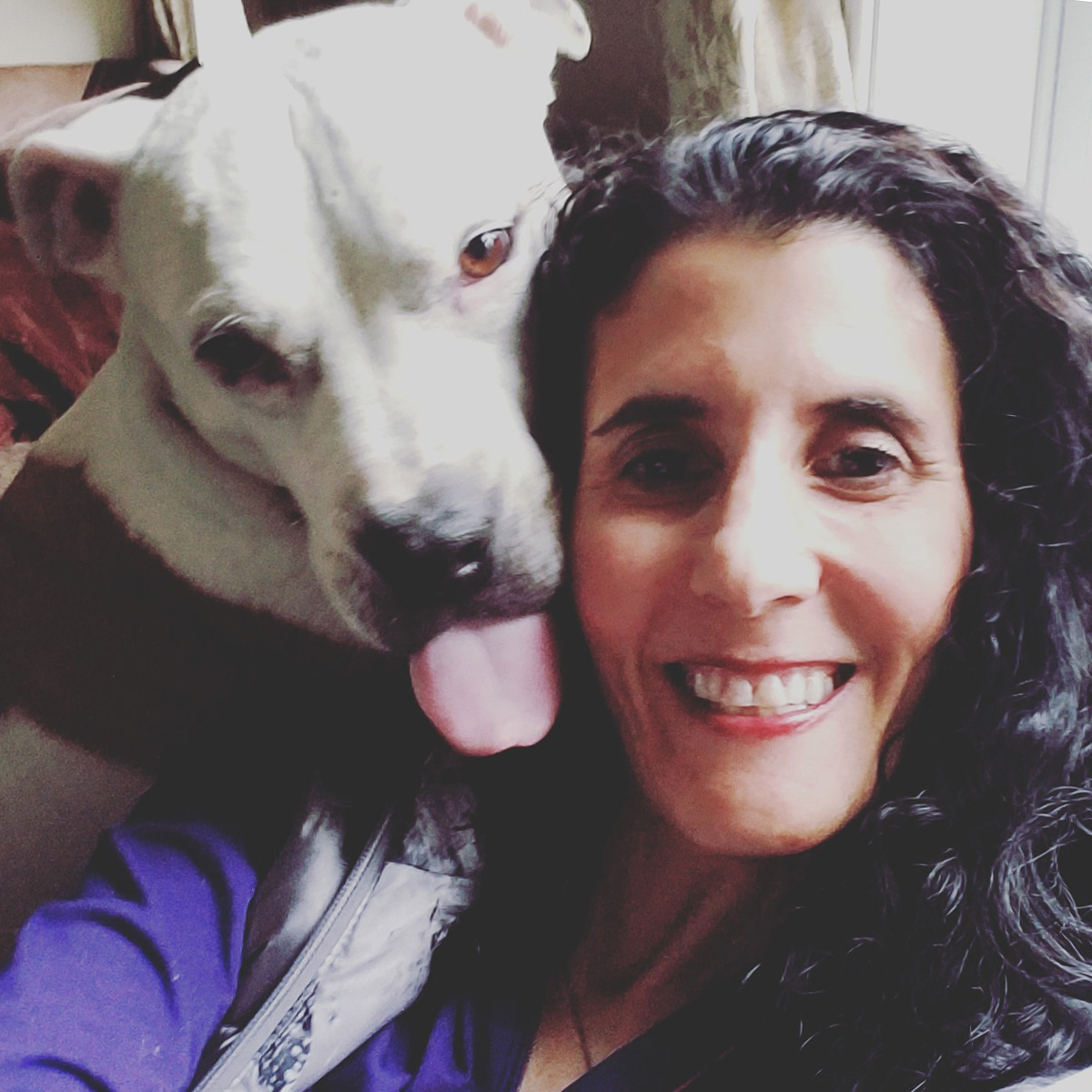
What to Do if Your Dog Eats a Weed Gummy or Cannabis Edible
Key takeaways:
Medical and recreational cannabis is becoming widely available, increasing opportunities for dogs to ingest toxic amounts accidentally.
THC, the psychoactive substance in cannabis that produces a high in humans, is poisonous to dogs.
If your dog is behaving unusually and you suspect that cannabis ingestion is the cause, take them to the vet or an emergency animal hospital immediately.
Table of contents

Cannabis has become more accessible in many states thanks to increased legalization. It comes in different forms, such as:
Gummies and candies
Baked goods
Tinctures
Pills
With cannabis being more available, your dog’s chances of ingesting the substance may have increased. Some pet poison helplines have seen accidental pet cannabis ingestion reports increase by over 400% since 2017. So it’s important to know what to do if your dog consumes cannabis.
Save on the top 10 pet medications
Save big on common pet medications like Fluoxetine and Levetiracetam at your local pharmacy.

GoodRx is NOT insurance. GoodRx Health information and resources are reviewed by our editorial staff with medical and healthcare policy and pricing experience. See our editorial policy for more detail. We also provide access to services offered by GoodRx and our partners when we think these services might be useful to our visitors. We may receive compensation when a user decides to leverage these services, but making them available does not influence the medical content our editorial staff provides.
What should you do if your dog eats weed edibles?
If you suspect your dog ate cannabis edibles — cannabis products designed for people to consume orally — immediately contact a veterinarian or an animal poison control center. If possible, provide details of the incident, including the:
Type of edible
Quantity consumed
THC content if you know it
Your dog’s symptoms
If your dog got into your weed gummies, bring the container with you to the veterinarian. That will give the vet an idea of how much cannabis your pup consumed. If you know how many gummies your dog ate, tell the vet.
While this may feel embarrassing, don’t hold back information critical to your pet’s health. And don’t worry — veterinarians are focused on helping your dog, not reporting you for having weed.
How much weed is toxic to dogs?
Cannabis is generally safe for people, but it’s considered toxic in dogs. Even a small amount of cannabis can affect dogs, and the effects can vary. The good news is that cannabis is rarely fatal for dogs. But there have been cases in which dogs have died after eating weed containing THC.
THC, the psychoactive substance in cannabis that produces a high in humans, is poisonous to dogs. Cannabis edibles may contain THC along with other cannabis products. Highly concentrated oil products can contain up to 90% THC.
Is CBD safe for dogs? Learn about the potential benefits and risks and latest research on CBD for your pet.
Problem plants: You may love to decorate with festive flora, but some holiday plants can make your dog very sick.
Healthy dog diet: Are grain-free diets good for your dog? Get the answer, plus tips for choosing the best food for your pup.
Cannabis edibles come in various forms, including:
Gummies
Brownies
Cookies
Candy bars
Ice cream
Cannabis-infused drinks, such as soda, diet soda, and seltzer
Edibles like candy bars and baked goods pose an increased risk to dogs because these products often contain other ingredients that are toxic to our furry friends. For example, some edible weed products contain chocolate, raisins, and artificial sweeteners such as xylitol, which are all extremely dangerous to dogs.
Is CBD designed for pets toxic?
Some products containing CBD are billed as safe treatments for pets who experience:
But there is limited scientific evidence to support CBD’s effectiveness for pets. The FDA has not approved CBD products for veterinary use.
CBD products that don’t contain THC are less likely to be poisonous to pets. CBD does not affect the mind and central nervous system in the same way that THC does. But some CBD products may contain THC without you knowing, since they are not FDA regulated. Dogs who consume large amounts of CBD tainted with THC can experience THC toxicity.
The lack of regulation around CBD products causes other concerns too. For example, studies evaluating CBD products for pets have found that some are contaminated with heavy metals. Always ask your veterinarian before giving your dog a CBD product.
What happens if a dog eats weed?
If your dog eats weed or a cannabis edible, the effects may be noticeable within 60 minutes of them consuming the item. The timing varies based on several factors, such as:
Your dog’s age and size
The amount of cannabis consumed
Medical conditions your dog has
Possible signs your dog has eaten cannabis include:
Listlessness
Incoordination and stumbling (as if they’re intoxicated)
Dazed expression
Glassy eyes
Sleepiness
Agitation or anxiety
Tremors and shaking
Drooling
Dilated pupils
Slow response time
Dribbling urine
Vocalizing and appearing nervous
In rare cases, cannabis toxicity can cause serious side effects if your dog has a large overdose. These may include:
Coma
Death (in very rare cases)
How do veterinarians treat a dog if they ate weed?
A veterinarian will make sure your dog gets the treatment they need. Even though there is no cure for cannabis toxicity, take your dog to a vet as soon as possible. A vet will provide supportive care, including medication if needed, to make your dog comfortable until the effects pass.
Sometimes a vet will pump a dog’s stomach or give them activated charcoal to prevent the toxic substance from being absorbed further. In severe cases, a vet may suggest intralipid therapy to help clear the substance faster and reduce a dog’s symptoms.
If your dog ate weed gummies, how long will it take for them to wear off?
Clinical signs of cannabis toxicity can last up to 72 hours in dogs. But most effects last 18 to 24 hours. The cannabis must be metabolized by your dog’s body and excreted through their feces. Only then do the effects fully wear off.
Frequently asked questions
The best thing you can do is call your vet, an animal hospital, or an animal poison control center if your dog ate weed. Then keep a close eye on your dog. They may bump into things or stumble around, so make sure their environment is safe. Offer them water, a little food, and a lot of love.
It’s unlikely your pup will die from eating weed, but there have been reports of dogs dying from THC poisoning. It’s best to keep THC in places your dog is not likely to access.
You don’t need to be concerned that a vet will report you. Veterinarians aren’t required by law to tell the police about weed on your premises. They’re more concerned about making sure your dog is OK.
The bottom line
Increased access to cannabis, coupled with the popularity of edible forms that resemble treats, has resulted in more pets mistakenly ingesting cannabis. Cannabis will rarely kill a dog, but even a small amount can be toxic.
If your dog shows signs of cannabis toxicity, take them to a vet as soon as possible. If you know what your dog ate, tell the vet. And if you have the container, bring it with you. The more information you give the vet, the better they can help your pet.
You can also contact the ASPCA Animal Poison Control Center at 1-888-426-4435. Representatives are available 24-7. A consultation fee may apply.
Why trust our experts?



References
Fitzgerald, K. T., et al. (2013). Marijuana poisoning. Topics in Companion Animal Medicine.
Gyles, C. (2016). Marijuana for pets? The Canadian Veterinary Journal.
Khan, S. A. (2014). Toxicities from illicit and abused drugs. Merck Veterinary Manual.
Lachenmeier, D. W., et al. (2019). Are adverse effects of cannabidiol (CBD) products caused by tetrahydrocannabinol (THC) contamination? F1000 Research.
Pet Poison Helpline. (n.d.). Pets and pot: Poisoning cases at an all time “high.”
Stillabower, A. (n.d.). Marijuana toxicity in pets. Pet Poison Helpline.
U.S. Food and Drug Administration. (2023). Paws off! Xylitol is toxic to dogs.
Wakshlag, J. J., et al. (2020). Cannabinoid, terpene, and heavy metal analysis of 29 over-the-counter commercial veterinary hemp supplements. Veterinary Medicine: Research and Reports.
Young, A. (2019). Marijuana toxicosis. University of California, Davis, School of Veterinary Medicine.

























